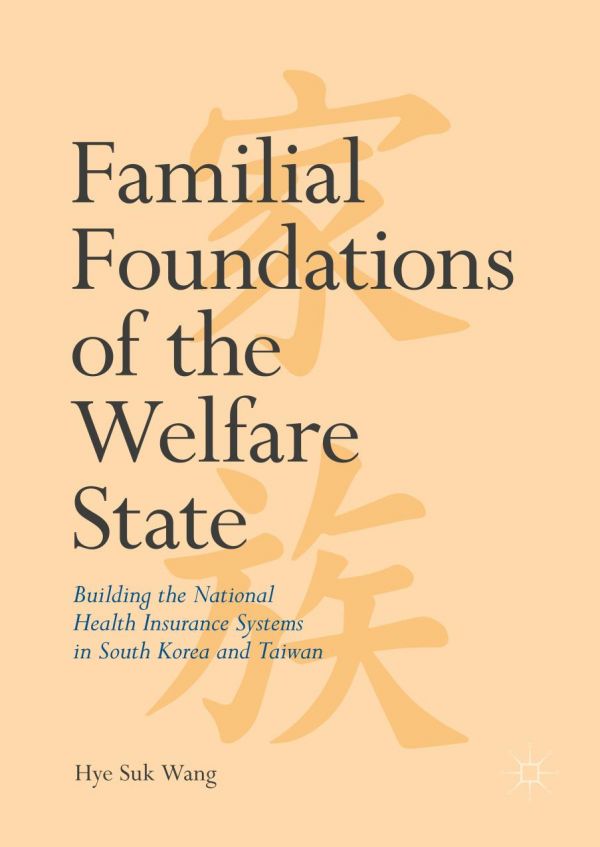

Most ebook files are in PDF format, so you can easily read them using various software such as Foxit Reader or directly on the Google Chrome browser.
Some ebook files are released by publishers in other formats such as .awz, .mobi, .epub, .fb2, etc. You may need to install specific software to read these formats on mobile/PC, such as Calibre.
Please read the tutorial at this link: https://ebookbell.com/faq
We offer FREE conversion to the popular formats you request; however, this may take some time. Therefore, right after payment, please email us, and we will try to provide the service as quickly as possible.
For some exceptional file formats or broken links (if any), please refrain from opening any disputes. Instead, email us first, and we will try to assist within a maximum of 6 hours.
EbookBell Team

0.0
0 reviewsThis book situates culture as a determining factor in the development of diverse welfare states, exploring the impact of traditional familialism on South Korean and Taiwanese programs. This approach provides an important alternative to studies that focus on formal variables– such as industrialization, state intervention, and resource mobilization– that do not explain the key differences between the similar programs. Throughout this book, Wang looks into both the historical development and the present situation of medical welfare programs in South Korea and Taiwan, and she highlights the importance of families in these programs’ development. As East Asian societies continue to age while experiencing fewer births, the search for the most suitable, sustainable, and desirable welfare model in each country will become ever more pressing. Academics and practitioners alike will find this refreshing approach to analysis ideal for building welfare institutions that reflect societal values in addition to economic conditions.